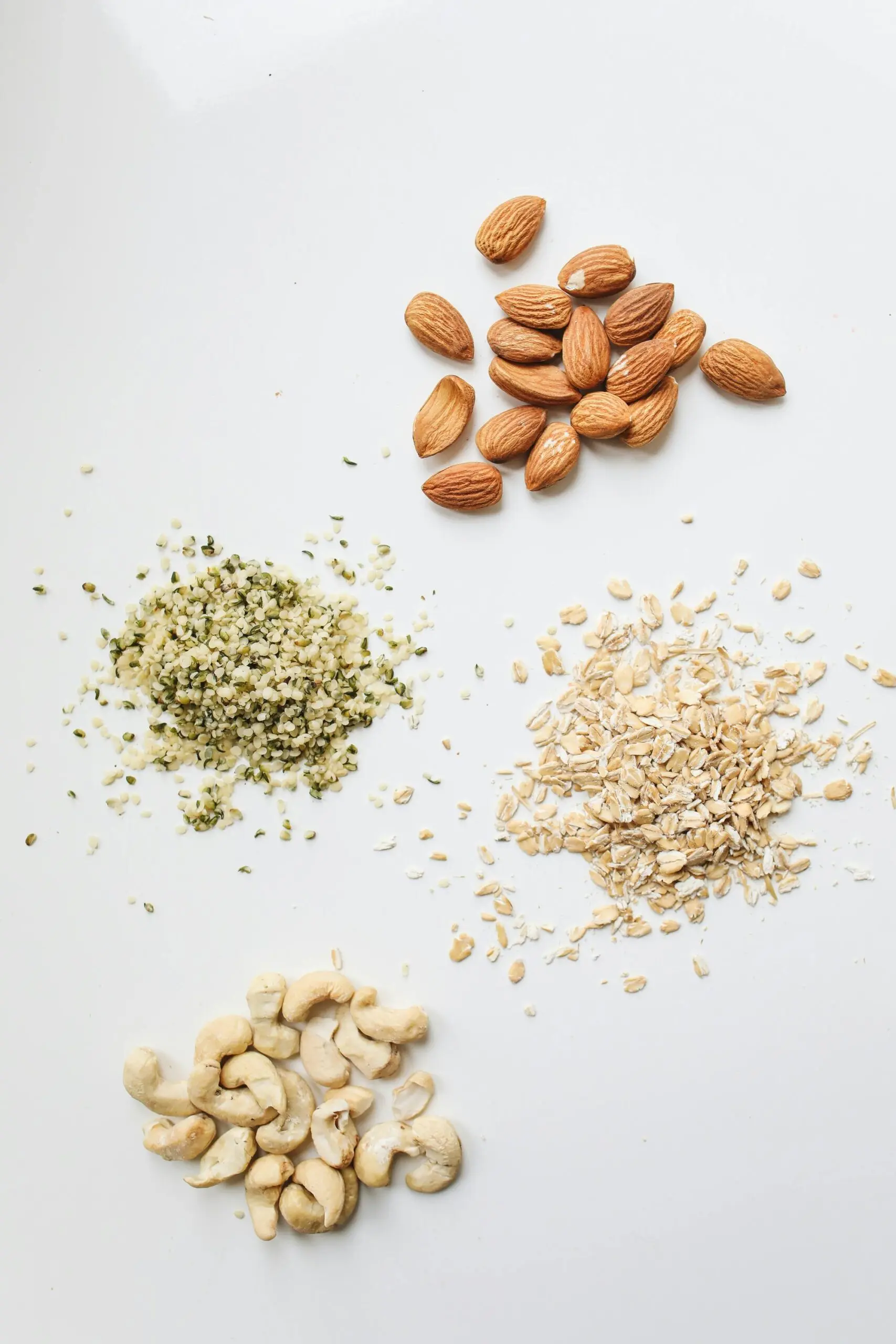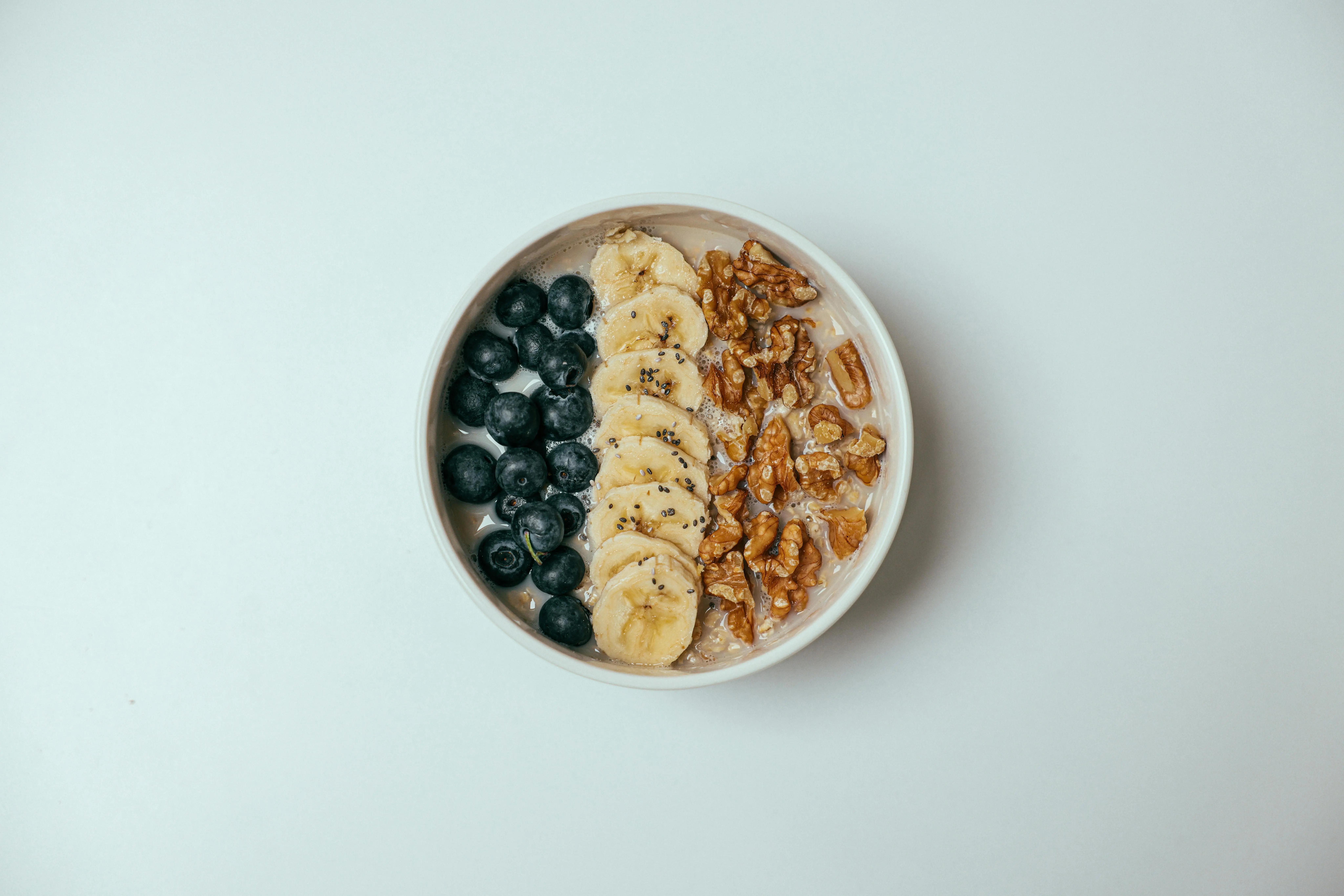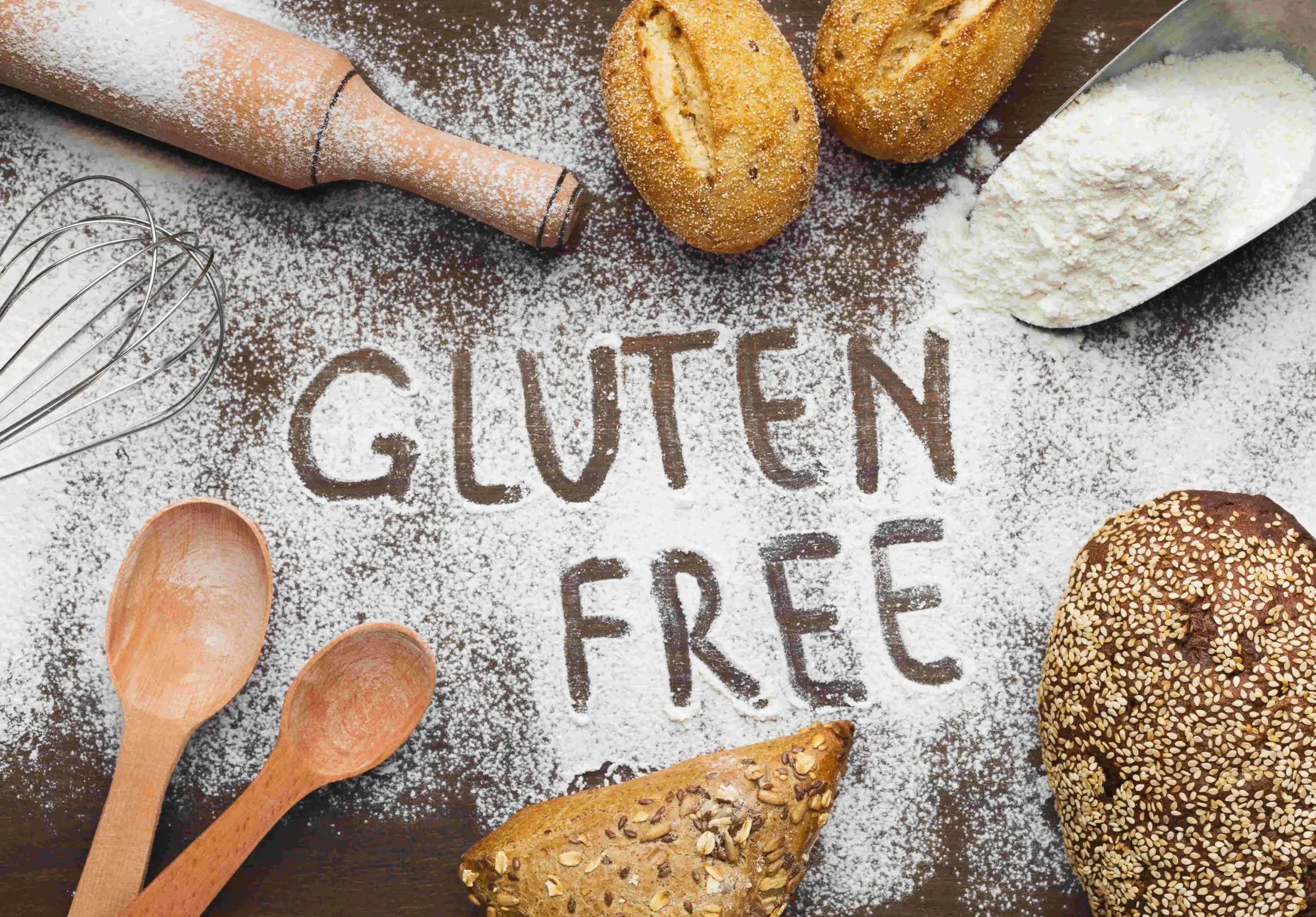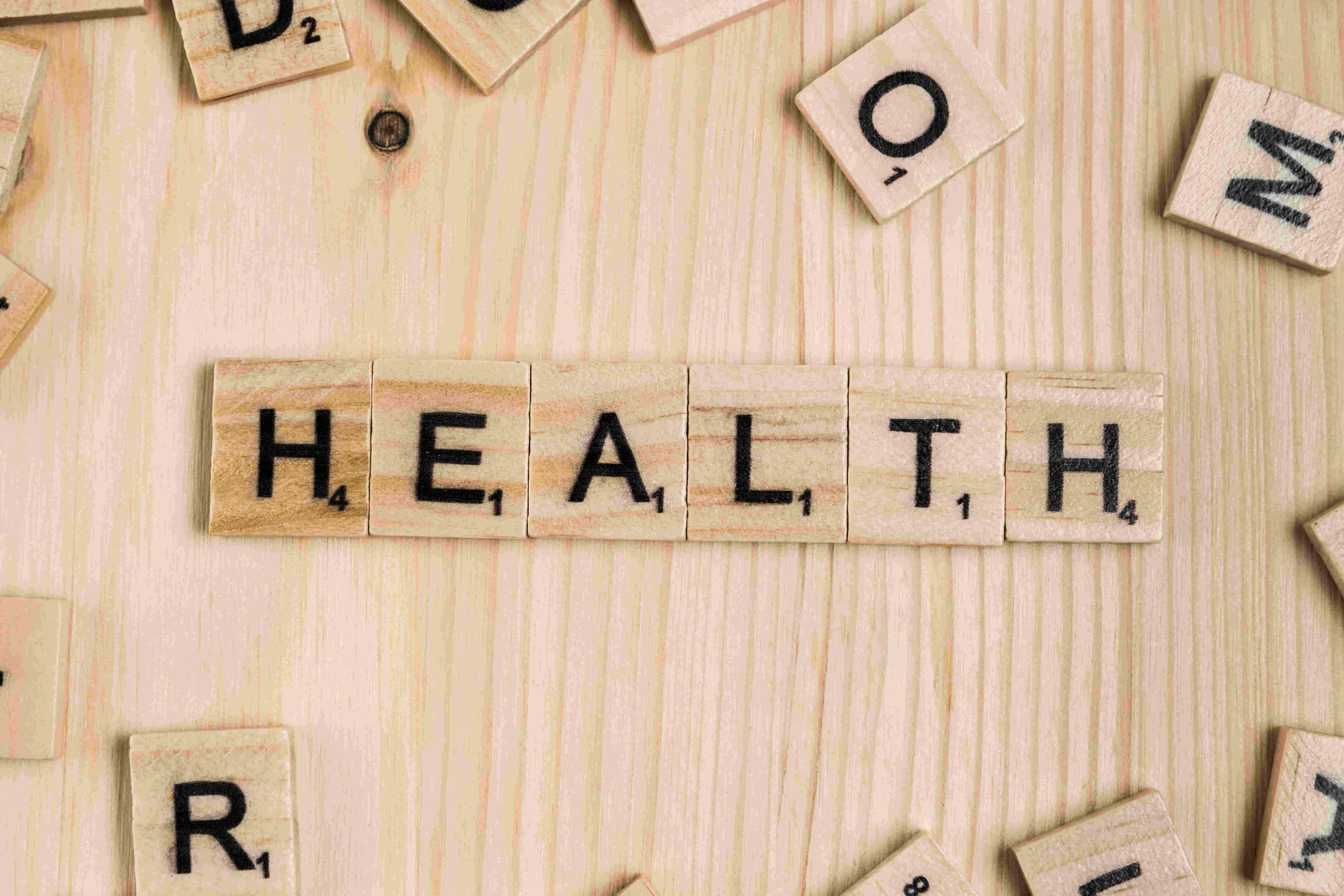Carbohydrates are a central component of our diet and play an essential role as a primary energy source. However, they have come under criticism in recent years, particularly due to trends like low-carb diets. But not all carbohydrates are the same. We take a look at this key nutrient and explain how "simple" and "complex" carbohydrates differ.
What are carbohydrates?
“Generally speaking, carbohydrates are organic compounds made up of carbon, hydrogen, and oxygen,” explains Hannah Willemsen . She works as a certified nutritionist, author, and podcaster from Berlin, specializing in gut health, hormone health, and sports nutrition. “Carbohydrates, along with proteins and fats, are among the so-called macronutrients that the body relies on.”
Our body converts carbohydrates into glucose (sugar), which then serves as fuel for cells, tissues, and organs. Especially the brain and muscles rely on a constant supply of glucose to function optimally. “Without an adequate amount of carbohydrates, there can be a lack of energy, concentration difficulties, and performance drops,” says the expert.
The difference between “simple” and “complex” carbohydrates
Carbohydrates can be roughly divided into two categories: “simple” and “complex” carbohydrates. “Simple carbohydrates consist of one or two sugar molecules and quickly enter the bloodstream,” says Willemsen. Examples include table sugar, fruit sugar (fructose), grape sugar (glucose), milk sugar, and honey. These carbohydrates often lead to a rapid rise in blood sugar levels, followed by a quick drop, which can result in energy slumps and cravings.
Complex carbohydrates, on the other hand, consist of longer chains of sugar molecules and take longer to digest. “They lead to a slower and more even rise in blood sugar levels.”
The category of complex carbohydrates includes whole foods like whole grains, legumes, vegetables, and starchy foods like potatoes. “These foods provide energy as well as nutrients, vital substances, and fiber that ensure healthy digestion and long-lasting satiety.”
What contains healthy carbohydrates?
Healthy carbohydrates are found in whole grains like oatmeal, quinoa, whole grain bread, millet, buckwheat, fruits like apples or berries, in vegetables, especially in green leafy vegetables, as well as in legumes like lentils. “These foods are particularly valuable for health as they provide fiber, among other things, that promote digestion and ensure long-lasting satiety.”




















